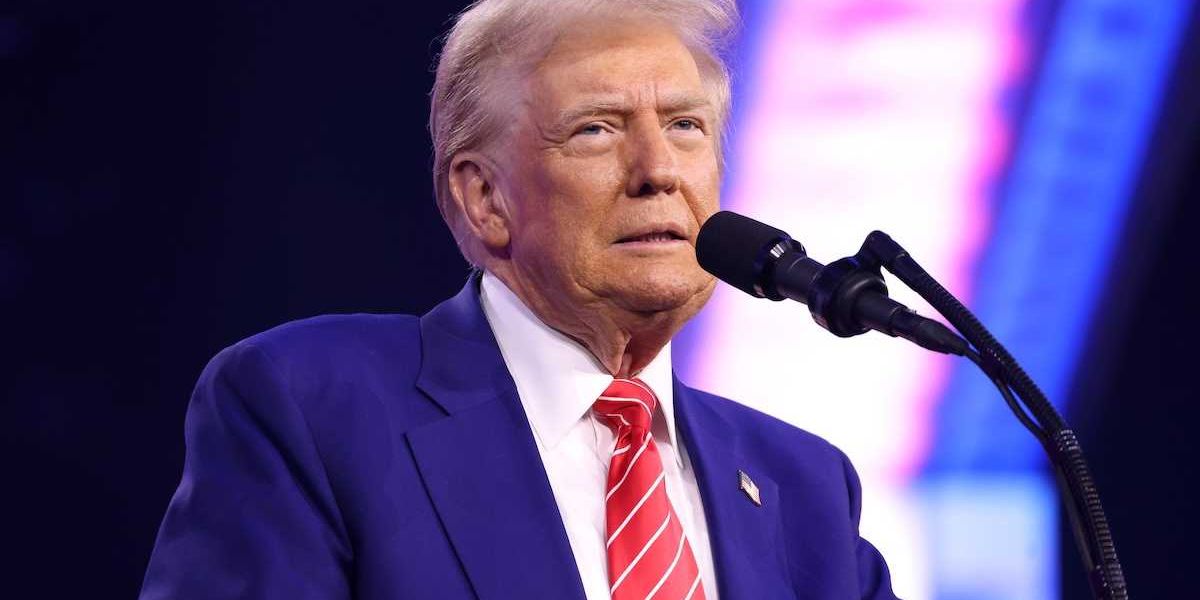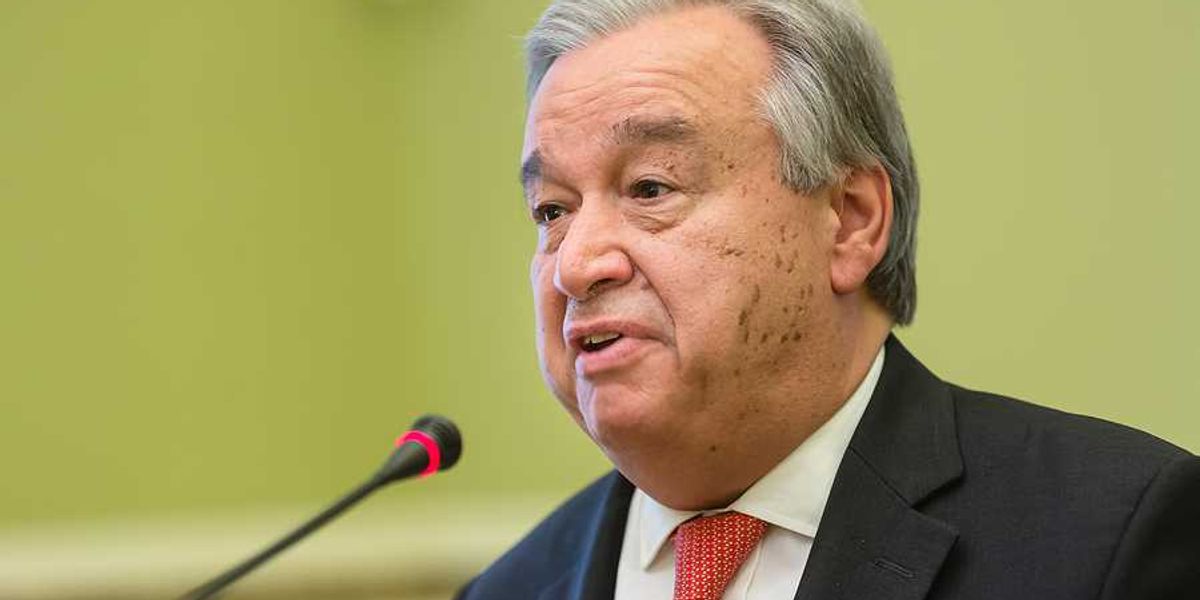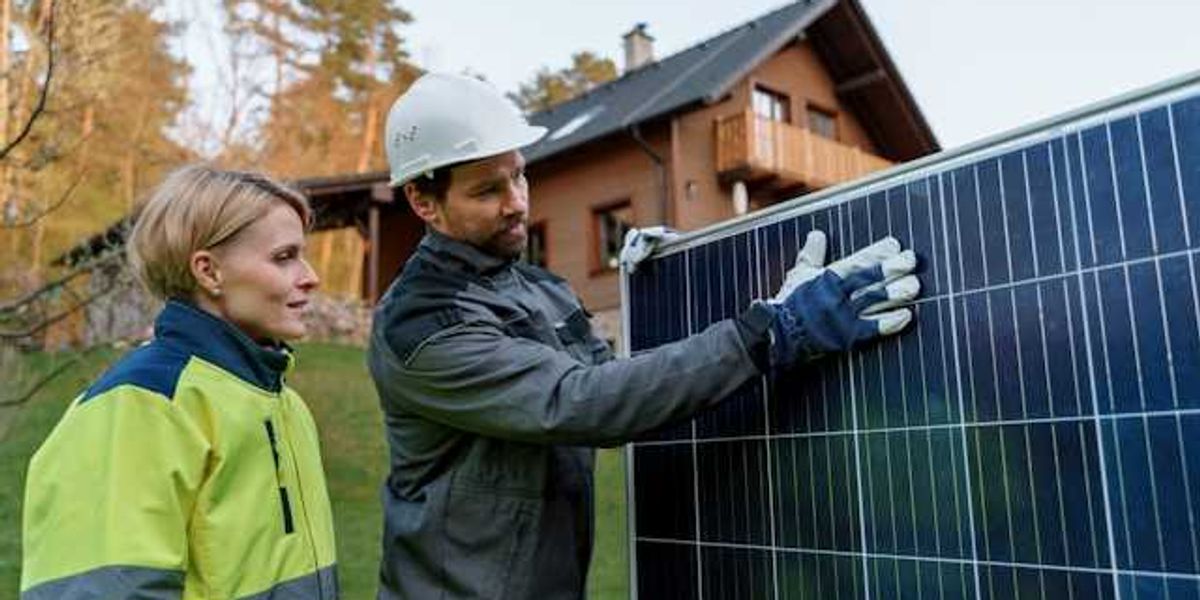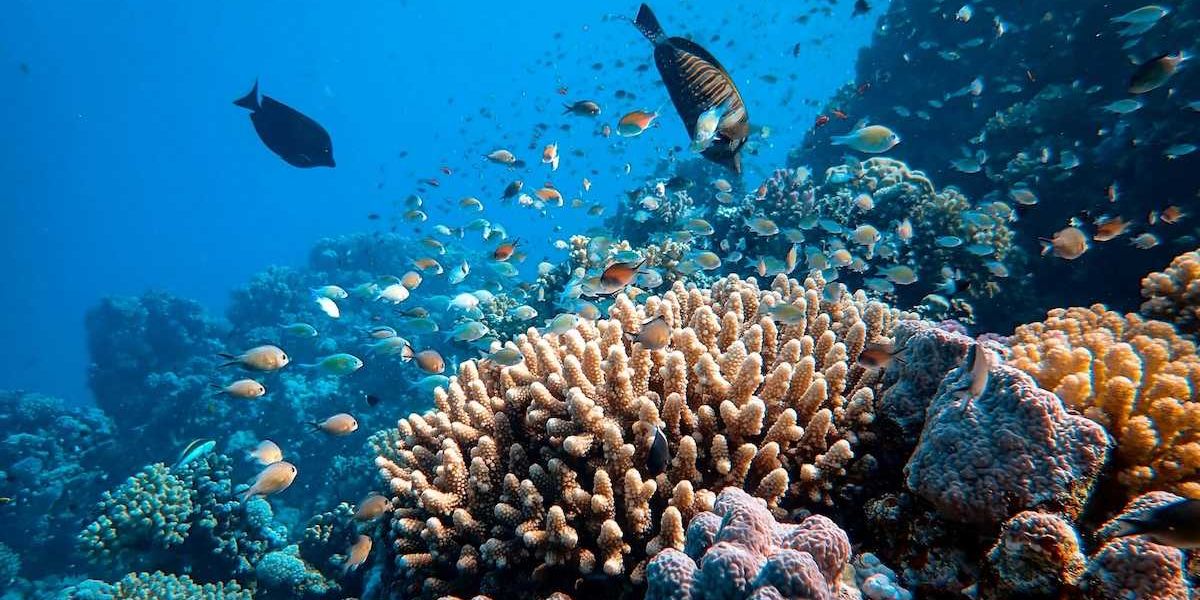FEMA chaos raises fears for hurricane season
As hurricane season begins, the Federal Emergency Management Agency is underprepared and understaffed, raising concerns about its ability to respond to disasters as the Trump administration pushes to downsize the agency.
David A. Graham reports for The Atlantic.
In short:
- Acting FEMA chief David Richardson, appointed in May, has no background in disaster management and reportedly expressed surprise at the agency's responsibilities, including hurricane preparedness.
- FEMA has cut programs and staff while shifting toward a “lean” model that puts more responsibility on states, many of which lack resources to manage large-scale disasters.
- Recent denials of federal aid to states hit by storms and tornadoes, some only reversed after political intervention, raise concerns about partisan influence in disaster relief.
Key quote:
“As FEMA transforms to a smaller footprint, the intent for this hurricane season is not well understood, thus FEMA is not ready.”
— Internal FEMA document
Why this matters:
As climate change fuels more frequent and severe storms, the capacity of emergency response systems is a growing concern. FEMA has traditionally played a pivotal role in coordinating aid, supplying funds, and offering logistical support in disasters that overwhelm local governments and resources. But the federal government’s withdrawal from that role could leave millions vulnerable — particularly in poorer or rural regions with limited infrastructure or emergency planning. FEMA’s downsizing comes at a time when extreme weather is striking places long considered safe, expanding the map of risk.
Related: Trump administration guts climate data and disaster response as world warms













